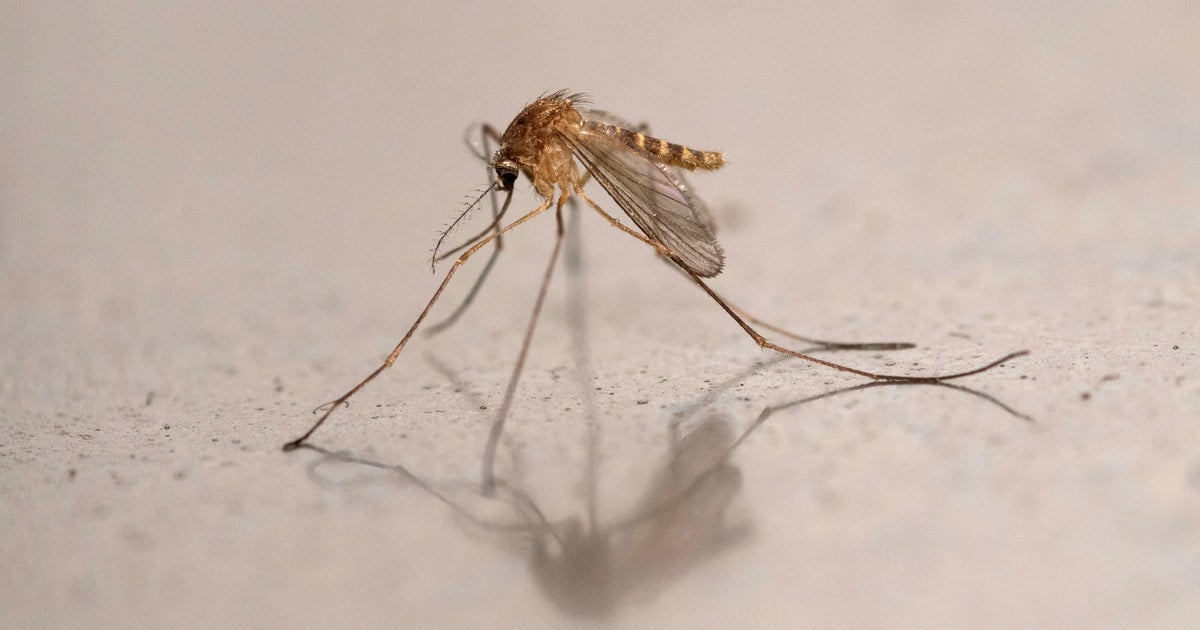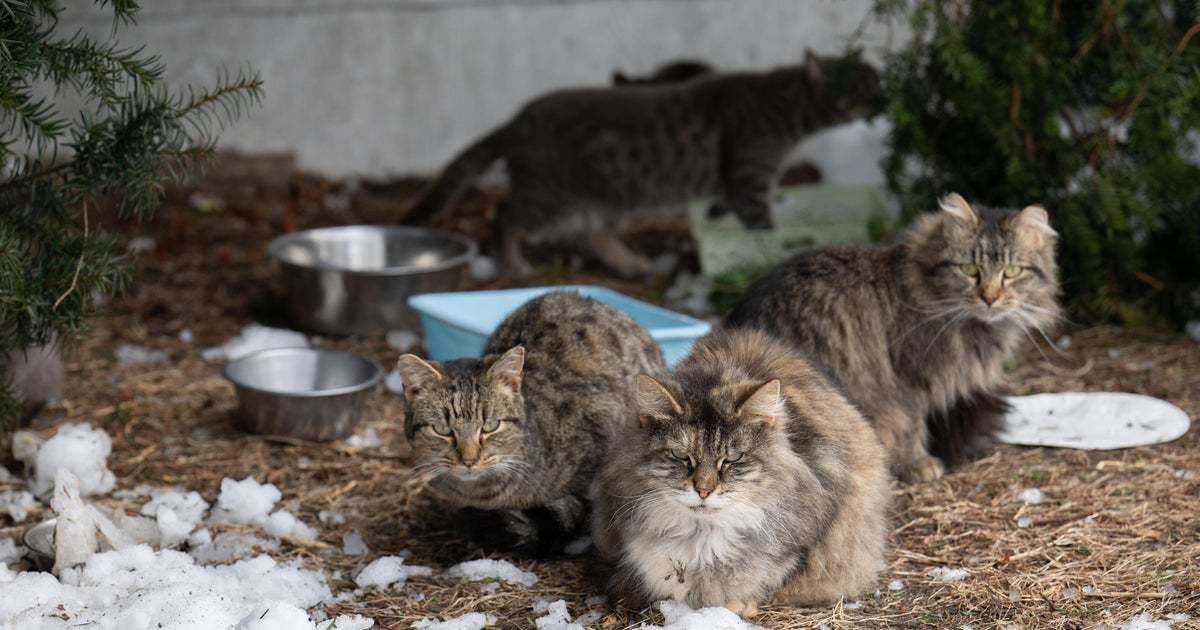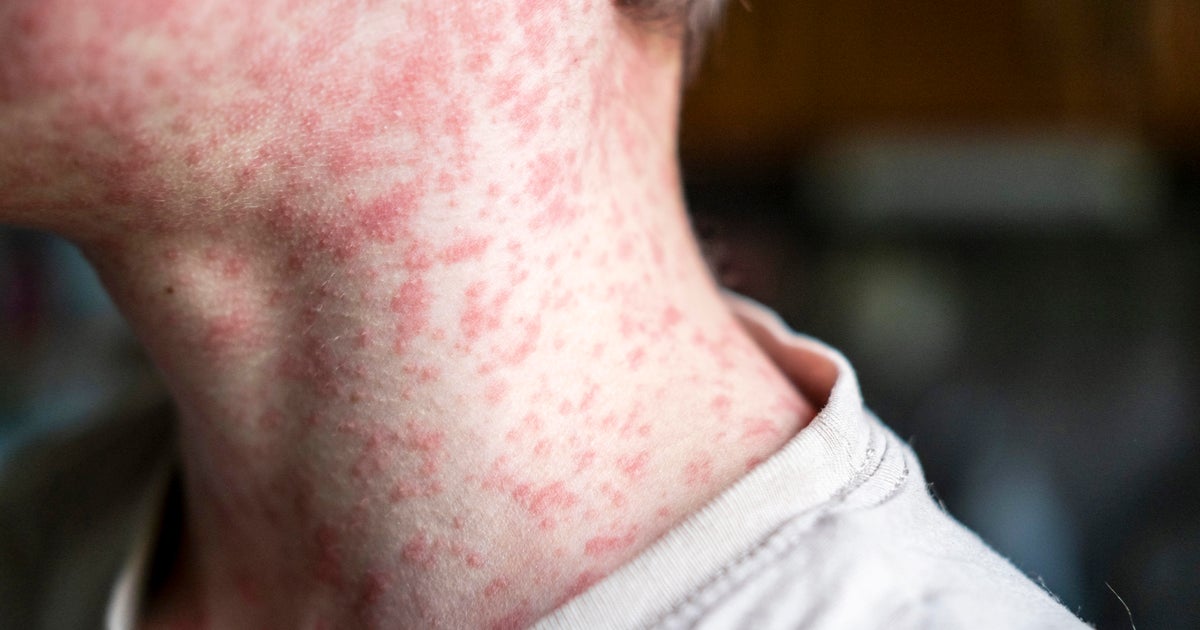2 Dead From Untreatable 'Superbug' Fungus Reported At 2 Dallas Hospitals
UPDATE: Collin County Says Candida Auris Fungus Responsible For 4 Deaths
DALLAS (CBSDFW.COM/AP) - The Centers for Disease Control and Prevention said Thursday, July 22 they have evidence of an untreatable fungus spreading at two Dallas-area hospitals and a Washington, D.C, nursing home.
A handful of the patients had invasive fungal infections that were impervious to all three major classes of medications, according to the CDC.
"This is really the first time we've started seeing clustering of resistance" in which patients seemed to be getting the infections from each other, said the CDC's Dr. Meghan Lyman.
The fungus, Candida auris, is a harmful form of yeast that is considered dangerous to hospital and nursing home patients with serious medical problems. It is most deadly when it enters the bloodstream, heart or brain. Outbreaks in health care facilities have been spurred when the fungus spread through patient contact or on contaminated surfaces.
Health officials have sounded alarms for years about the superbug after seeing infections in which commonly used drugs had little effect. In 2019, doctors diagnosed three cases in New York that were also resistant to a class of drugs, called echinocandins, that were considered a last line of defense.
In those cases, there was no evidence the infections had spread from patient to patient - scientists concluded the resistance to the drugs formed during treatment.
The new cases did spread, the CDC concluded.
In Washington, D.C., a cluster of 101 C. auris cases at a nursing home dedicated to very sick patients included three that were resistant to all three kinds of antifungal medications. A cluster of 22 in two Dallas-area hospitals included two with that level of resistance. The facilities weren't identified.
Those cases were seen from January to April. Of the five people who were fully resistant to treatment, three died - both Texas patients and one in Washington.
Lyman said both are ongoing outbreaks and that additional infections have been identified since April. But those added numbers were not reported.
Investigators reviewed medical records and found no evidence of previous antifungal use among the patients in those clusters. Health officials say that means they spread from person to person.
The CDC's website noted the following:
Candida auris is an emerging fungus that can cause outbreaks of severe infections in healthcare facilities. In the United States, it has most commonly spread in long-term care facilities caring for people with severe medical conditions. However, since the start of the COVID-19 pandemic, outbreaks of C. auris have been reported in COVID-19 units of acute care hospitals. These outbreaks may be related to changes in routine infection control practices during the COVID-19 pandemic, including limited availability of gloves and gowns, or reuse of these items, and changes in cleaning and disinfection practices. New C. auris cases without links to known cases or healthcare abroad have been identified recently in multiple states, suggesting an increase in undetected transmission. Screening for C. auris colonization, an important part of containment efforts, has been more limited as resources of healthcare facilities and health departments have been diverted to respond to COVID-19.







